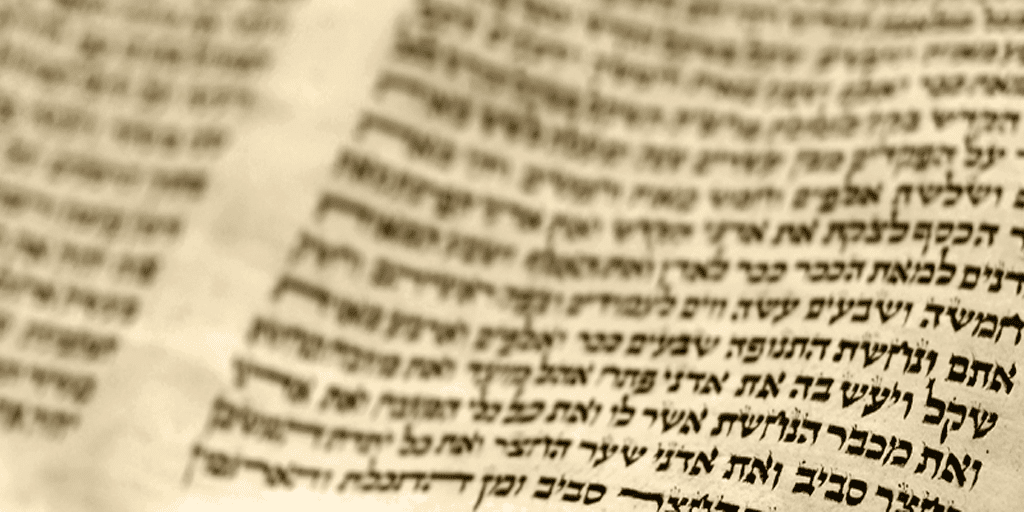How was the Bible Put Together?

How was the Bible Put Together?
How do we know that the sixty-six books of the Bible are the only writings that should be included in Scripture? What about the Apocrypha, or the Gnostic gospels? Why shouldn’t they be included? The answer lies in the idea of canonicity. Canon comes from Greek and Hebrew words that mean a measuring rod, and it signifies a standard that all scriptural books must meet. Several inadequate views of what that standard should be have been offered, such as age, agreement with the Torah if it was written in Hebrew, religious value, and Christian usage. But each of these makes a common mistake; they confuse God’s determination of what is Scripture with man’s recognition of those writings. The bottom line is that whatever God inspired is Scripture and what He did not inspire is not. When the Holy Spirit moved a man of God to write, that writing became, not only inspired, but inscripturated. God has already decided what should be included; our problem is knowing how to discover what writings God has inspired.
There are five questions that have been asked by the church in accepting and rejecting books as canonical. The first is the most basic:
- Was it written by a prophet of God? Deuteronomy 18:18 tells us that only a prophet of God will speak the Word of God. This is the way that God reveals Himself (Heb. 1:1). Second Peter 1:20-21 assures us that Scripture is only written by men of God.
- Was he confirmed by an act of God? Hebrews 2:3-4 gives us the idea that we should expect some miraculous confirmation of those who speak for God. Moses had his rod that turned into a serpent, Jesus had the Resurrection, and the apostles continued Jesus’ miracles, all to confirm that their message was from God. Many of the prophets had prophecies fulfilled shortly after they were made to confirm their authority.
- Does it tell the truth about God? “But even though we, or an angel from heaven, should preach to you a gospel contrary to that which we have preached to you, let him be accursed” (Gal. 1:8). Agreement with all earlier revelation is essential. This dictum also rules out false prophecies made in the name of God (Deut. 18:22).
- Does it have the power of God? Any writing that does not exhibit the transforming power of God in the lives of its readers is not from God, “For the Word of God is living and active and sharper than any two-edged sword” (Heb. 4:12).
- Was it accepted by the people of God? Paul thanked the Thessalonians for receiving the apostles’ message as the Word of God (1 Thes. 2:13). It is the norm that God’s people, that is, the majority of them and not simply a faction, will initially receive God’s Word as such. Moses’ scrolls were placed immediately into the ark of the covenant (Deut. 31:24-26) and Joshua’s writings were added in the same fashion (Josh. 24:26), as were Samuel’s (1 Sam. 10:25). Jeremiah is known as the plagiarizing prophet because he quoted so many of the other prophets who had written only a few years before him, which shows that their writings had been readily accepted. Daniel is seen studying the Book of Jeremiah within fifty years after it was written (Dan. 9:2). The New Testament also shows similar acceptance in that Peter calls Paul’s writings Scripture (2 Peter 3:16) and Paul quotes Luke alongside a passage from the Law (1 Tim. 5:18). We also are aware that Paul’s letters were circulated among the churches (Col. 4:16; 1 Thes. 5:27). This may have been the beginning of the collection of books for the New Testament canon. Though some books were later disputed, their original acceptance speaks strongly in favor of their inclusion.
But what about the books that were left out? This question has the wrong perspective on the issue. No other books were ever accepted and there is no reason to believe that most of them were even in the running. For both the Old and New Testaments, there are certain books that were accepted by everyone, some books that were later disputed, and some that were rejected by all. There is no category of books initially accepted and later thrown out.








